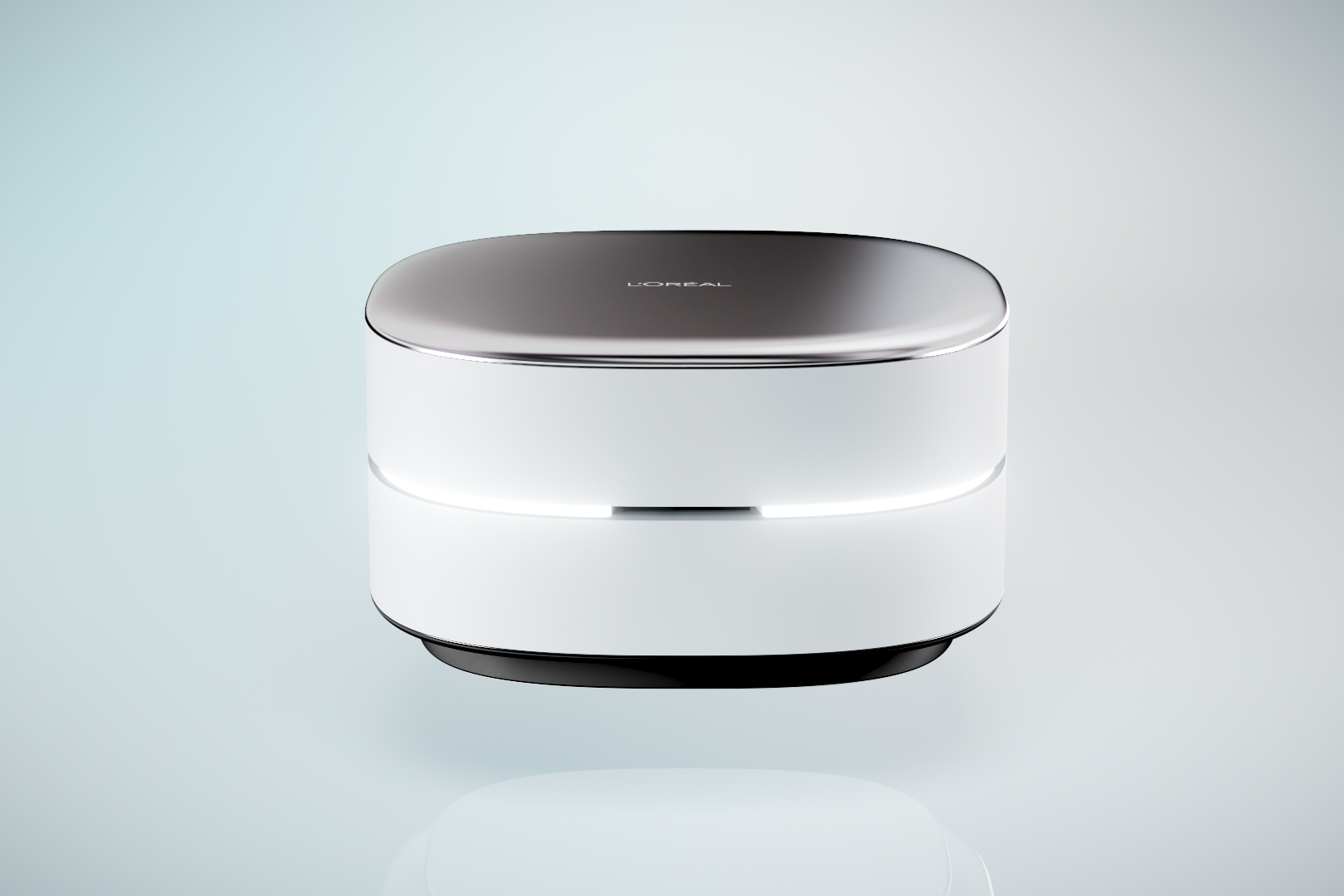New L’Oreal skin analysis tool can help predict aging and cosmetic issues
The cosmetics giant’s Cell BioPrint device provides personalised skin analysis in around five minutes.

Your support helps us to tell the story
From reproductive rights to climate change to Big Tech, The Independent is on the ground when the story is developing. Whether it's investigating the financials of Elon Musk's pro-Trump PAC or producing our latest documentary, 'The A Word', which shines a light on the American women fighting for reproductive rights, we know how important it is to parse out the facts from the messaging.
At such a critical moment in US history, we need reporters on the ground. Your donation allows us to keep sending journalists to speak to both sides of the story.
The Independent is trusted by Americans across the entire political spectrum. And unlike many other quality news outlets, we choose not to lock Americans out of our reporting and analysis with paywalls. We believe quality journalism should be available to everyone, paid for by those who can afford it.
Your support makes all the difference.A new analysis tool from skincare giant L’Oreal can give users a breakdown of how their skin is ageing, and which cosmetic ingredients they are more responsive to.
Unveiled ahead of the CES technology show in Las Vegas, the L’Oreal Cell BioPrint is a tabletop, portable device which can analyse a skin sample gathered from a facial tape strip placed on to the cheek.
The cosmetics firm said as well as telling users their skin’s biological age and predict responsiveness to different cosmetic ingredients, the new device could help users be more pro-active, rather than re-active with their skincare by predicting potential cosmetic issues before they become visible and offering advice on how to protect themselves.
The device has been created through a partnership with Korean start-up NanoEnTek and will combine with L’Oreal’s Skin Connect device, which takes several photos of a user’s face and uses artificial intelligence to analyse it.
The firm said it would begin a pilot of the new system with a L’Oreal brand in stores in Asia later in 2025.
The skincare giant is in Las Vegas to unveil the device during the CES technology show, where thousands of companies – not just tech firms – introduce new products and technologies for the first time.
L’Oreal has been a regular attendee of the show for many years, and 2025 will also see agricultural machinery firm John Deere and a broad range of car manufacturers exhibit at the event.
On its own innovation, L’Oreal said research showed many skincare purchase decisions are based on trial and error – and highlighted the need for more information for consumers in this area.
The company said growth in the global skincare market, said to have been worth around £100 billion in 2024, is driven by consumers seeking more information about their unique skin, and how to protect it more effectively.
Barbara Lavernos, deputy chief executive in charge of research, innovation and technology at L’Oreal Groupe, said: “At L’Oreal, we’re always looking toward the future of beauty, blending cutting-edge discoveries with our long-standing beauty expertise.
“With skin being the largest organ, and a key part of people’s wellbeing, we are thrilled to unveil Cell BioPrint, an exclusive microfluidic lab-on-a-chip technology coupled with our century-long skin science leadership.
“With the Cell BioPrint device, we offer people the ability to discover deeper insights about their skin through specific biomarkers and to proactively address the beauty and longevity of their skin.”